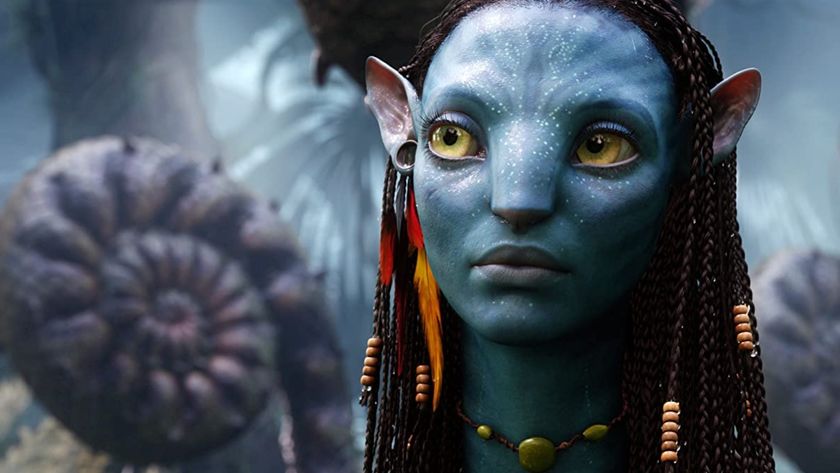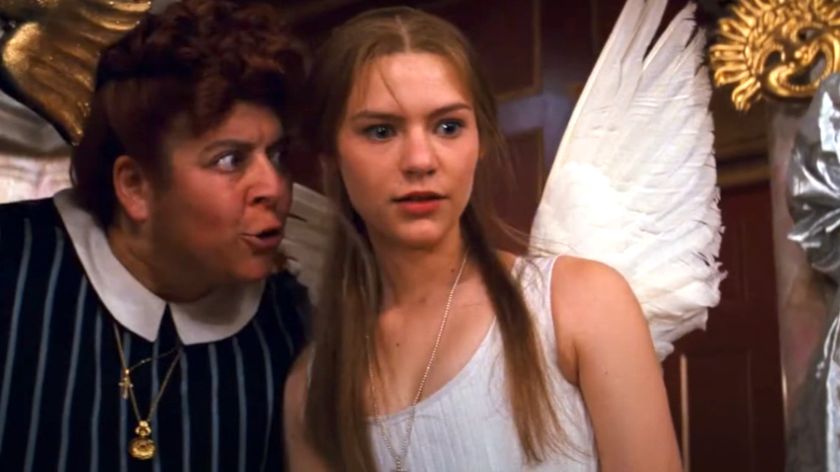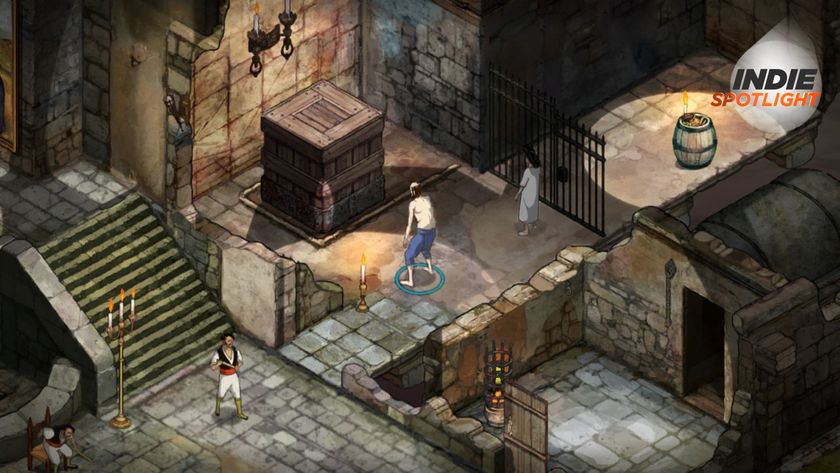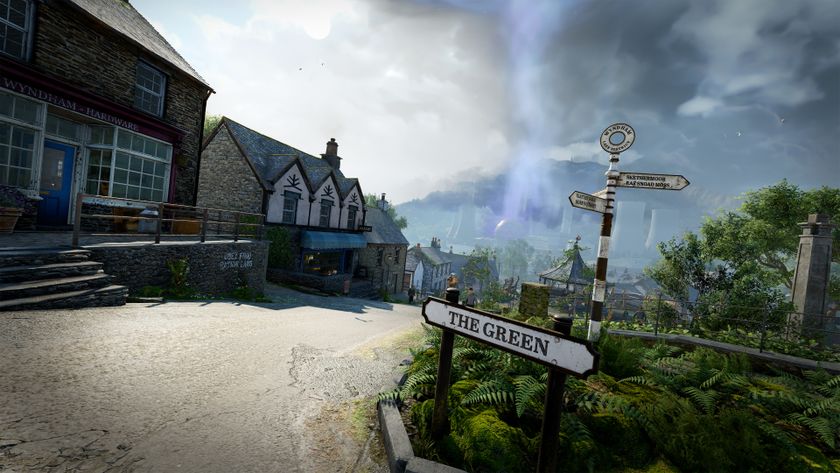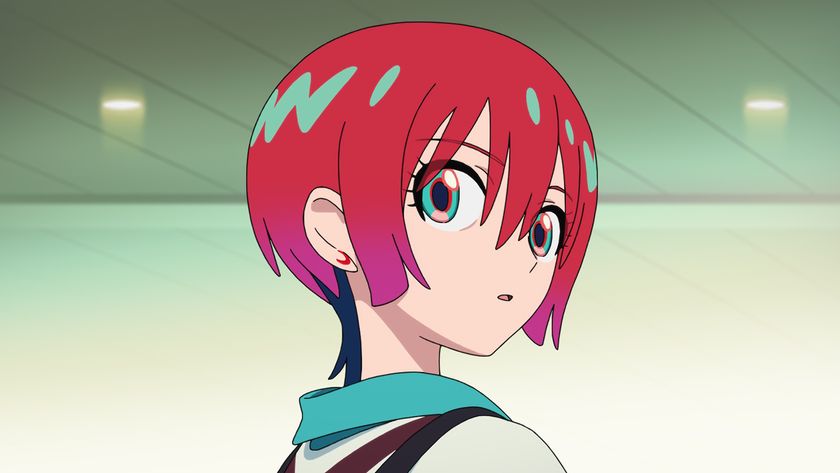Silent Hill 2 Remake's reinvention of its most underrated character means so much more in 2024
Year in Review | Angela is better than she's ever been
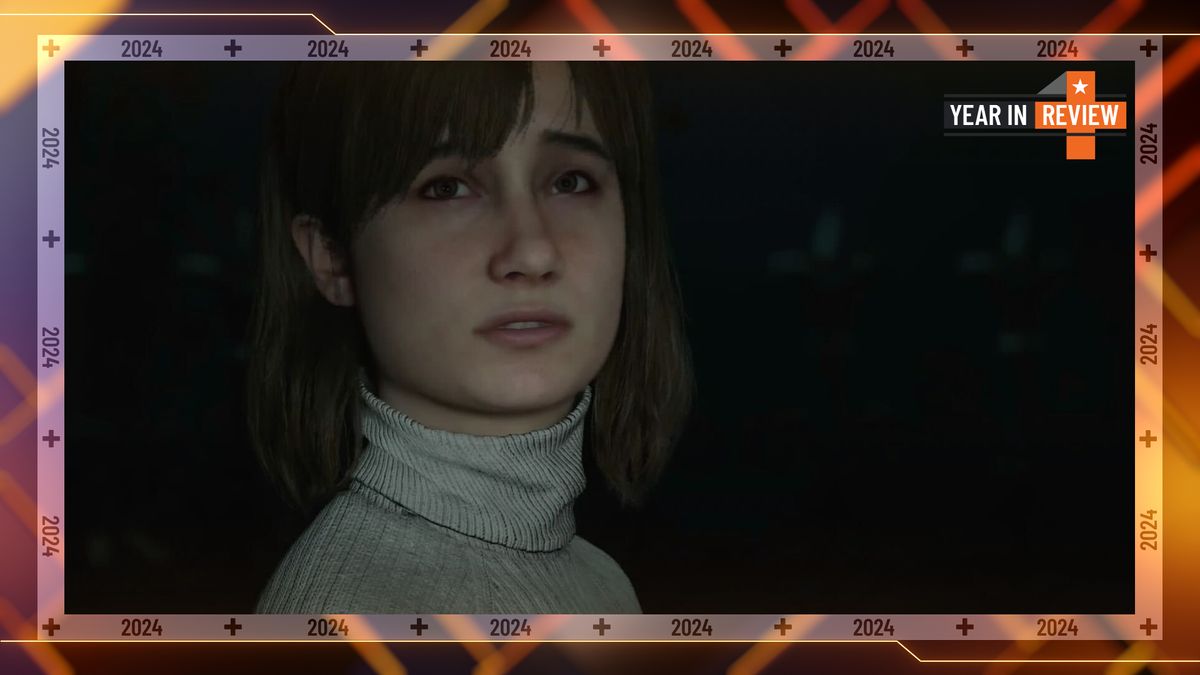
We should review the facts first: Angela Orosco is 19, she's unhappy, and she has a knife.
Since Konami debuted the melancholic character in Silent Hill 2's original 2001 release, these facts have been both true and disturbing. But developer Bloober's 2024 Silent Hill 2 remake imbues Angela with solemn dignity, too, a transformation that means more to me in a year when people were especially weird about women in games.
For months, some Silent Hill fans and self-described gaming purists argued that Bloober's Angela looks too soft, too young, not pretty enough to feel the chasmic pain inside of her. They preferred how Angela appeared 23 years ago, when her face was severe and bloodless in an apparent demonstration of how raggedly trauma ages you.
Up to a point, their position is understandable. Angela's life has been a nightmare. Throughout Silent Hill 2, as Angela dives in and out of the game's sea of fog, she incrementally reveals the extent of the torment she's been evading. In one of protagonist James Sunderland's earliest encounters with her, Angela is lying on the floor in front of a mirror, but staring at her reflection in a smudged chef's knife instead. She hasn't found her mother in Silent Hill, as she had set out to do, so she contemplates death.
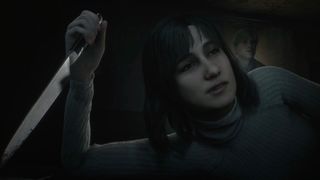

Silent Hill 2 Remake review: "An atmospheric and rewarding horror game up there with the Resident Evil remakes for reinventing a classic"
"It's easier just to run," Angela tells James. "Besides, it's what we deserve."
These haunting lines, in Konami's Silent Hill 2, are delivered with the incredulousness that makes most of the voice acting in that game sound as uncanny as a birthday clown declaring it's time for cake.
I've always felt that this childish acting paired with Angela's incongruously matronly appearance turns her into a caricature, a passing thought of who a victim is. Stunted and wrinkly, right?
Sign up to the 12DOVE Newsletter
Weekly digests, tales from the communities you love, and more
These assumptions undermine the complexity of not only Angela's story, but also the convoluted, confusing state of victimhood, especially once it's time for the sickening boss fight with Abstract Daddy. Daddy is a figure covered in stained cloth, pushing itself onto a smaller blemished figure with her hands stuck through a bed frame, a demonic whisper of the sexual assault Angela has been suffering at home. In Konami's game, this battle should be devastating, but Angela's cartoonish personality contextualizes Abstract Daddy as an interchangeable boogeyman in a town that's full of them.
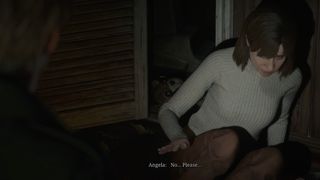
But in Bloober's remake, the Abstract Daddy boss fight is powerfully nauseating. That's because, in the time we spend with Angela leading up to it, we more clearly understand that life has unfairly made this teenager — who still has bright eyes and a need for her mama — want to destroy herself. Voice actress Gianna Kiehl conveys this with her measured performance, which reveals the current of anger that uses Angela like a lightning rod, in addition to her repressed shame.
I was particularly moved by a moment near the end of the game — spoilers ahead — when Angela sits on a burning staircase, dismissing James with bitter misery.
"Even mama said it," Angela says. "I deserved what happened. Don't pity me. I'm not worth it."
This is a painful moment, the kind that, when it happens to someone you know, makes you want to reach out and take them out to build a snowman. But no one comes for Angela — trapped behind a screen, objectified by certain Silent Hill fans, shoved into a lonely existence by everyone.
Except for me, I mean. While I played Bloober's Silent Hill 2 remake, I felt like I met Angela where she was at. Each time I encountered her, a part of me glowed with the warmth of recognition. Like Angela, I didn't have anyone to hold me while my parents slammed doors and shoved each other down the stairs. I was ashamed of the house I grew up in.
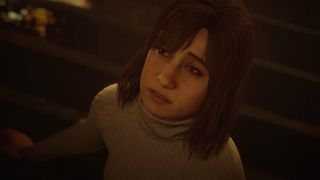
This year, as I worked through a personal loss, pieces of my childhood bubbled back up like rubber duckies in the bathtub, reintroducing old problems I'd thought I'd flushed. I was always too afraid to fall asleep as a child; this year, I struggled again with sleeplessness. At age 10, I became certain I'd be much better off if I died young; those same thoughts returned to me.
The Silent Hill 2 remake came out around the height of my anxiety, so I played it pessimistically, between crying spells. But once I got to know Bloober's more believable Angela, I began to look forward to working through the game and, along with it, Angela's anguish. I became more willing to recognize the contradictions that I, like Angela, carry with me.
Living through abuse has made me both closer to my raw, pink inner child and more obsessed with death. I see it in the winter leaves, the aging scab on my scraped knee, the helplessness I wish I could bury.
But it's complicated. Despite what popular video game controversies this year suggest, a female character doesn't need to provide any sexual fan service to be worthy or relatable. She just needs to be her own complex person. That's why, when Bloober has Angela walk up that flaming staircase with sober control, I — and so many other victims who understand Angela — feel recognized in gaming. But I'm not going to hell. I'm coming back.
Read our list of upcoming horror games for 2025 and beyond.

Ashley is a Senior Writer at 12DOVE. She's been a staff writer at Kotaku and Inverse, too, and she's written freelance pieces about horror and women in games for sites like Rolling Stone, Vulture, IGN, and Polygon. When she's not covering gaming news, she's usually working on expanding her doll collection while watching Saw movies one through 11.
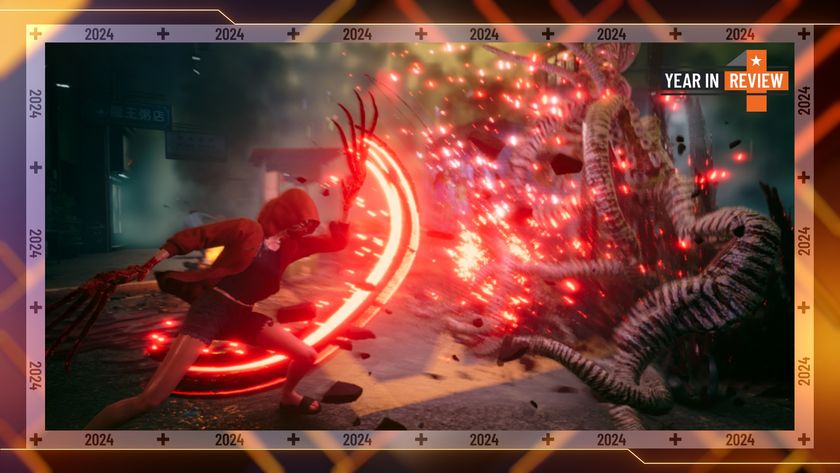
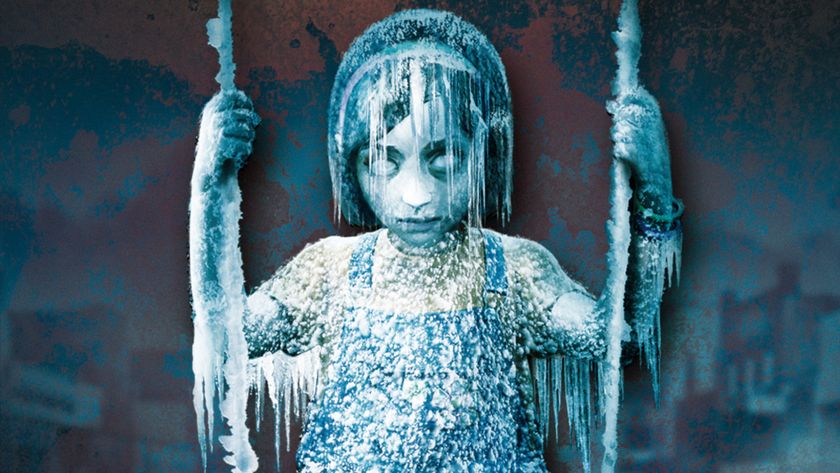
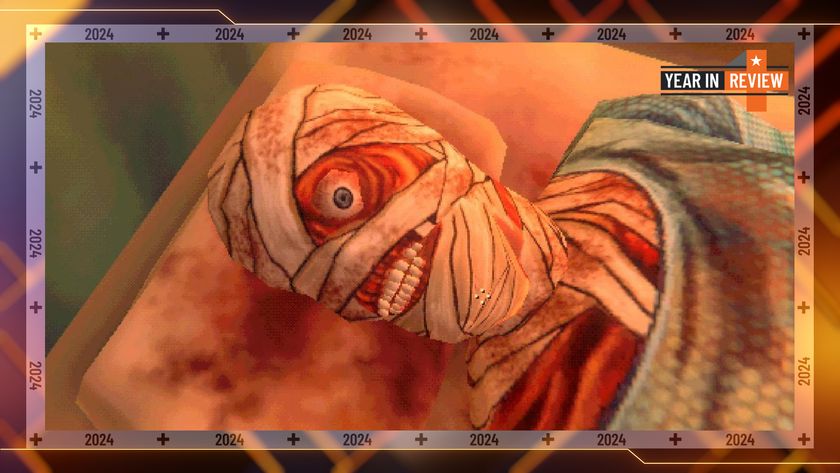
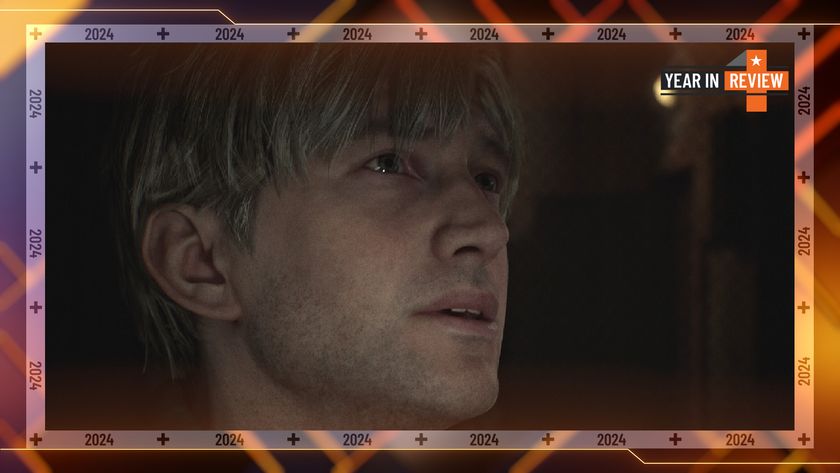
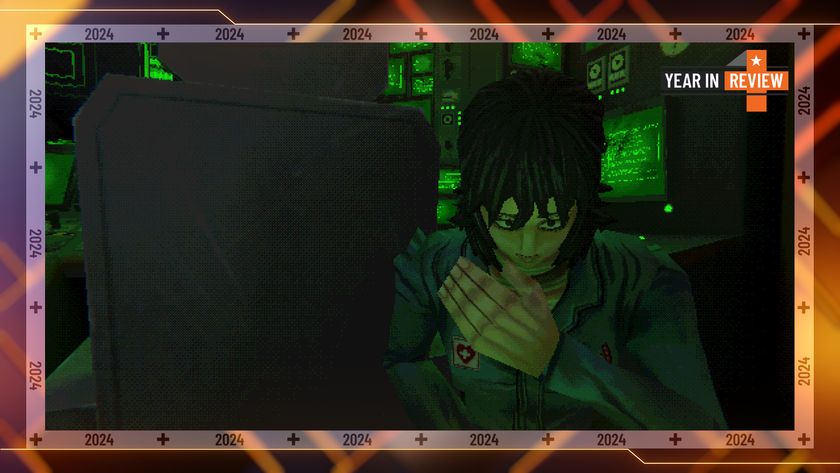
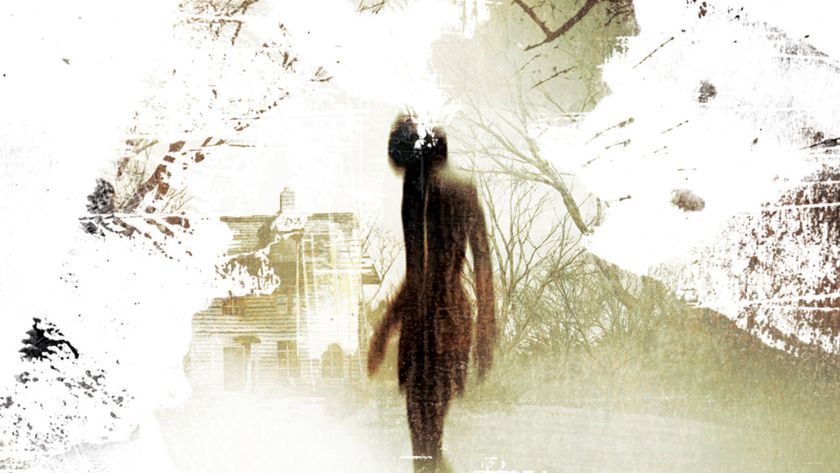
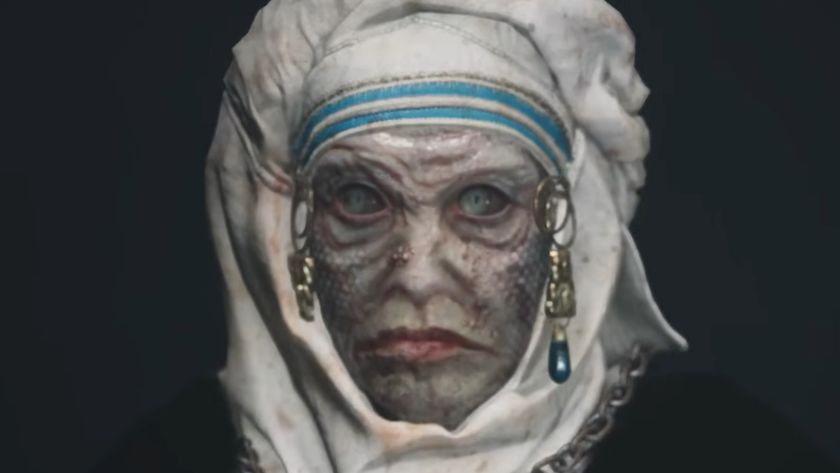
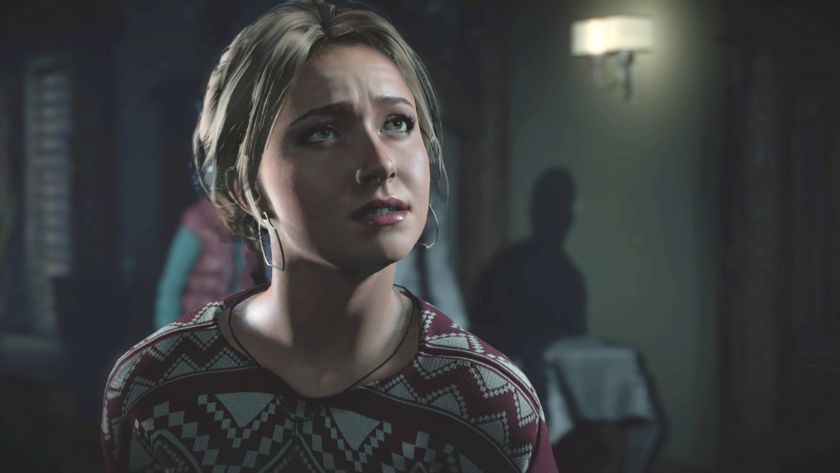
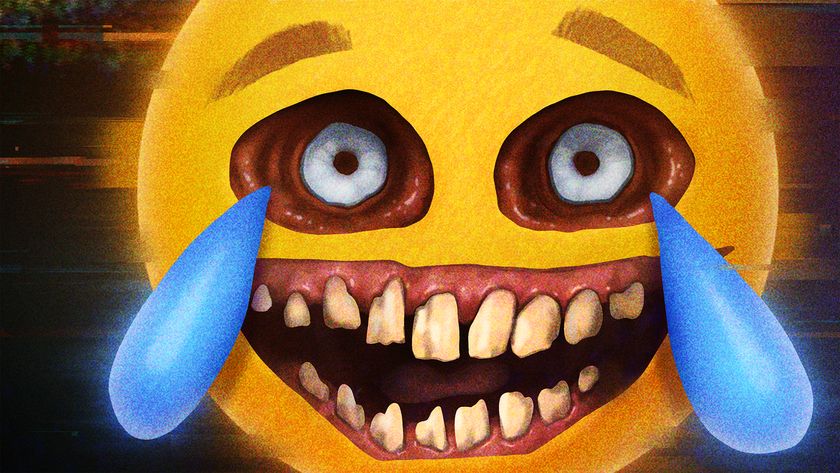
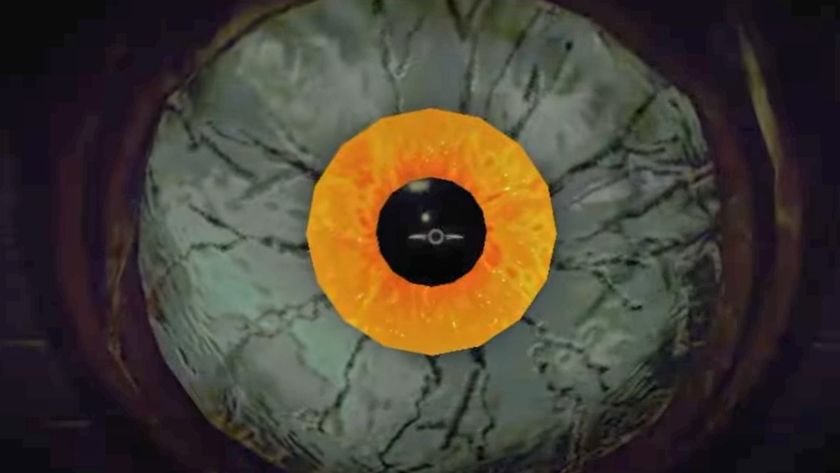
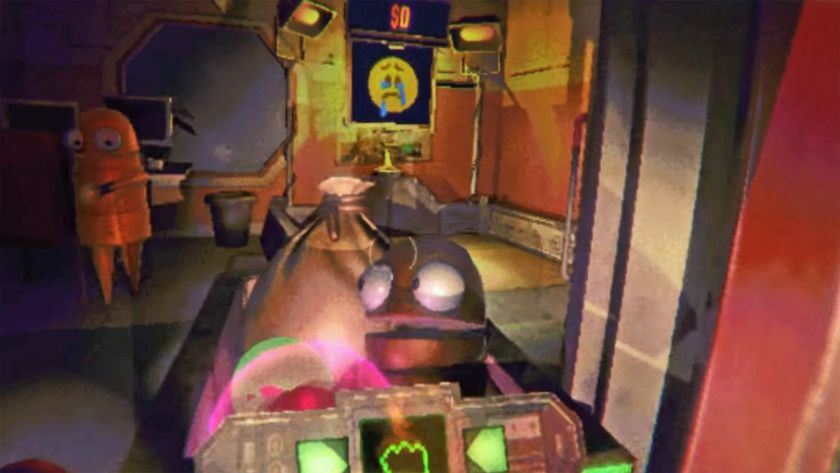
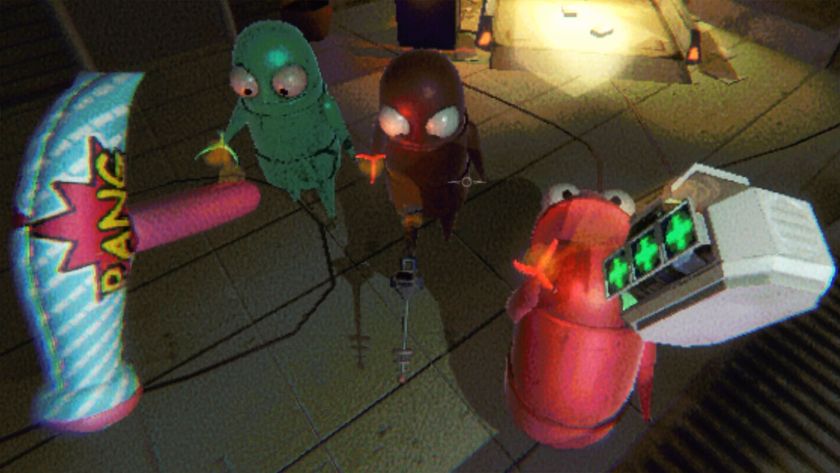
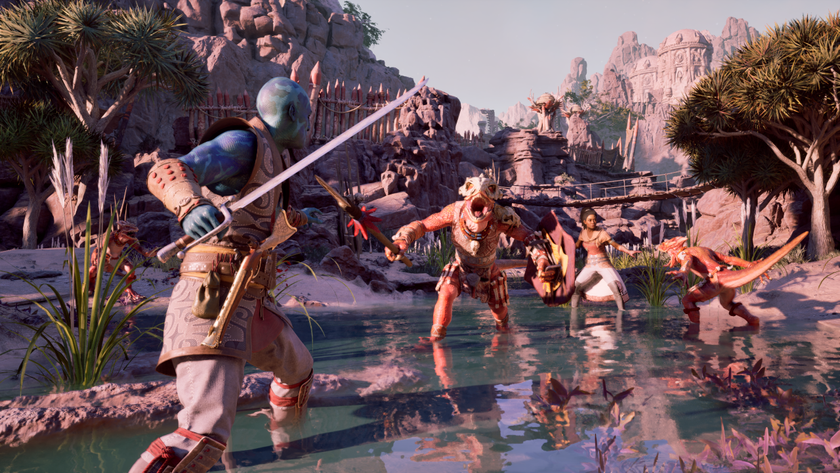
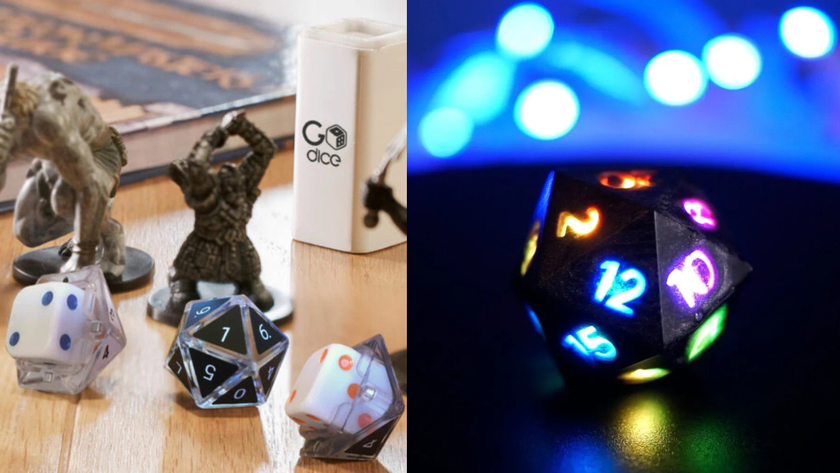
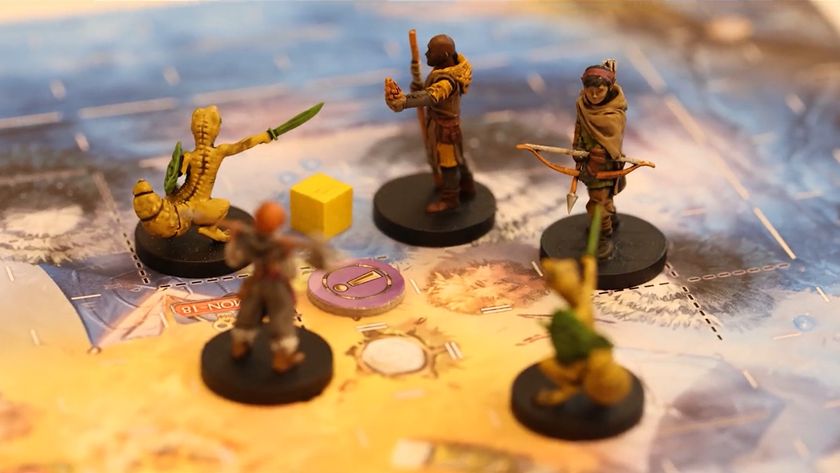


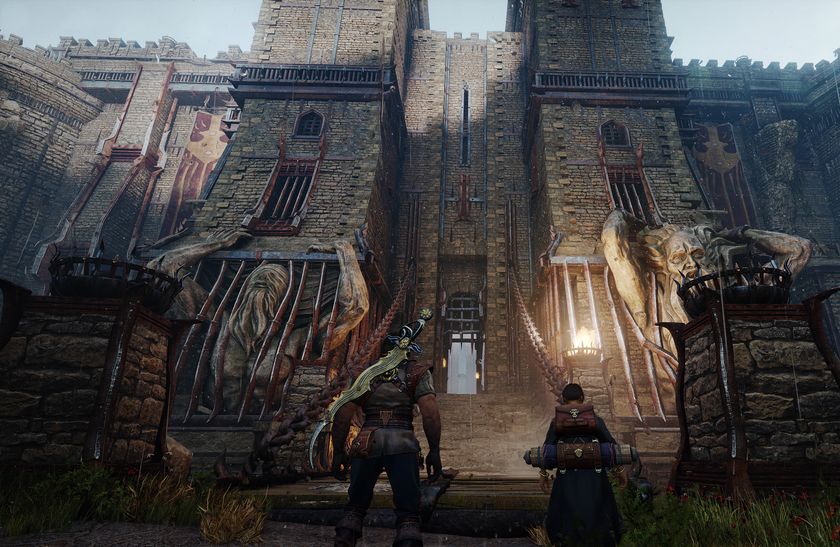

After a years-long battle with its publisher, Ukraine-based studio reveals first gameplay footage of survival horror sequel The Sinking City 2, launches Kickstarter, and hits $100,000 goal in hours

Until Dawn Remake developer “effectively closed” following an unannounced wave of layoffs hitting the company
